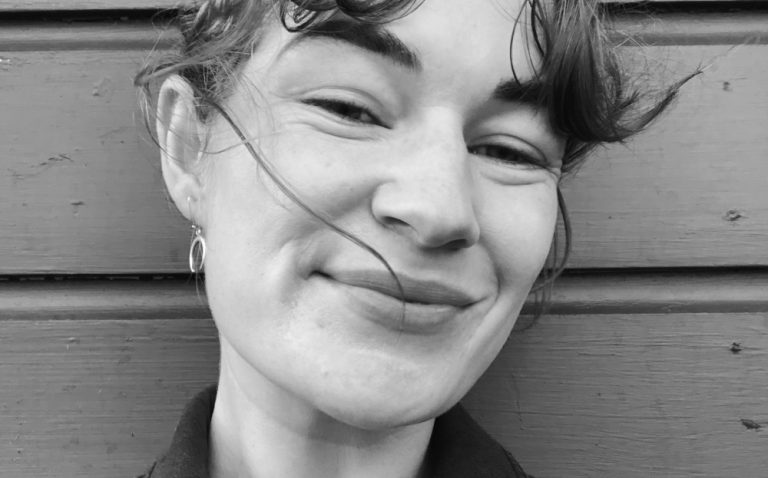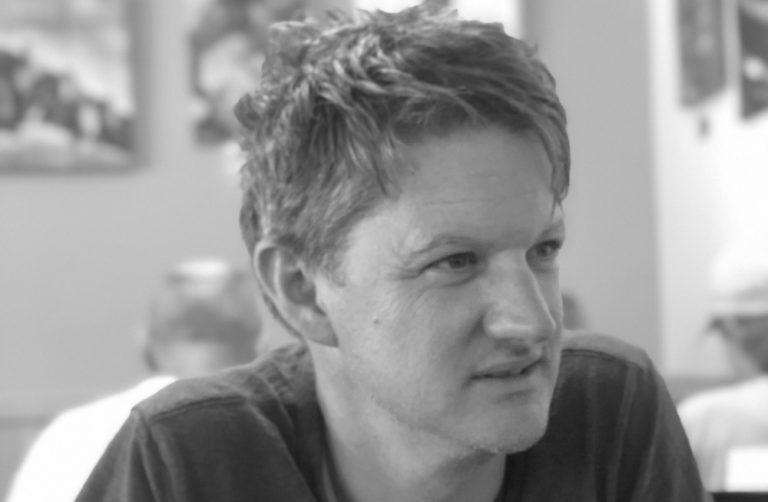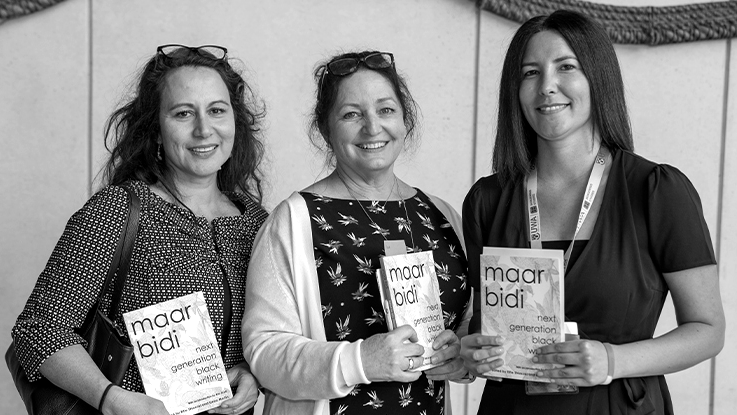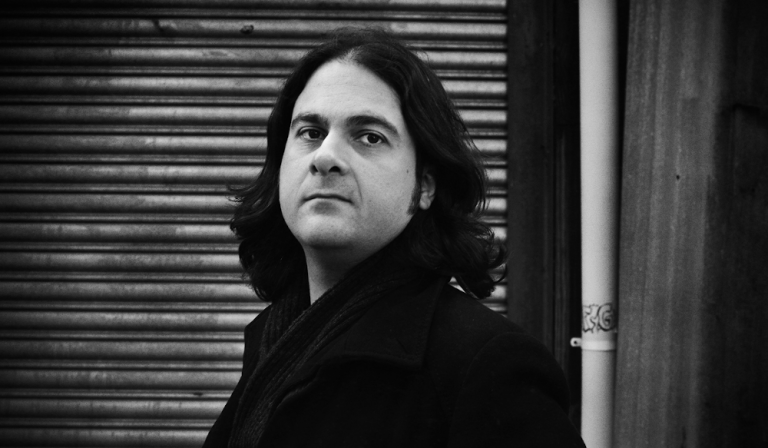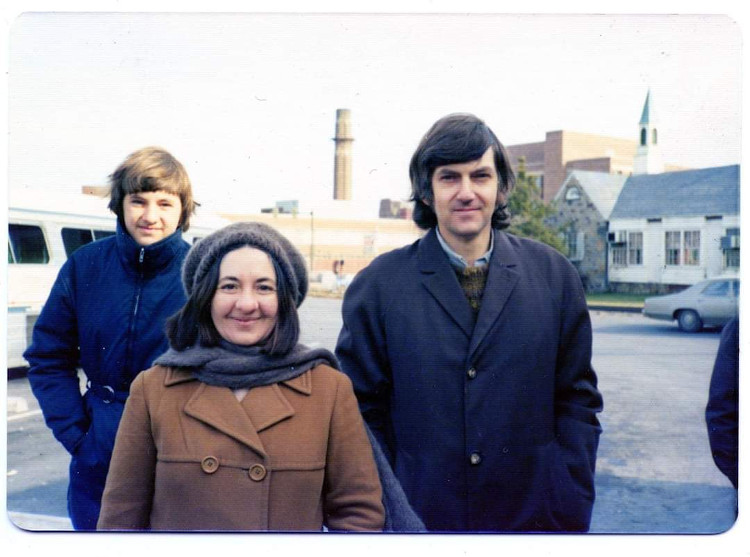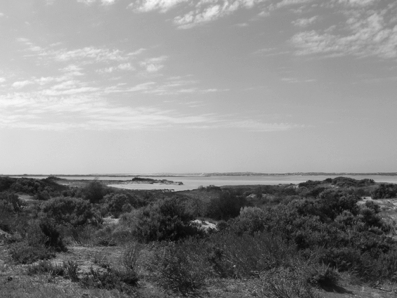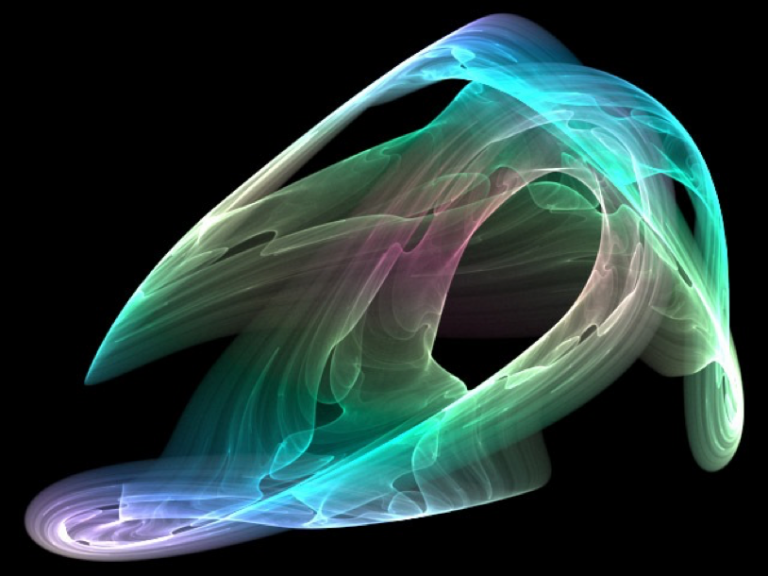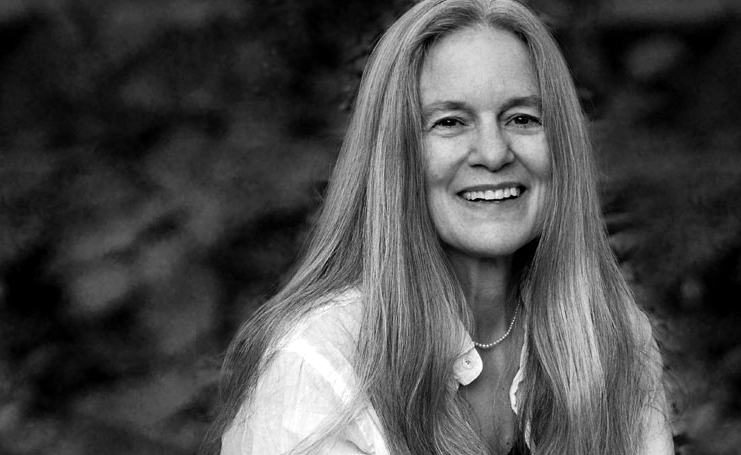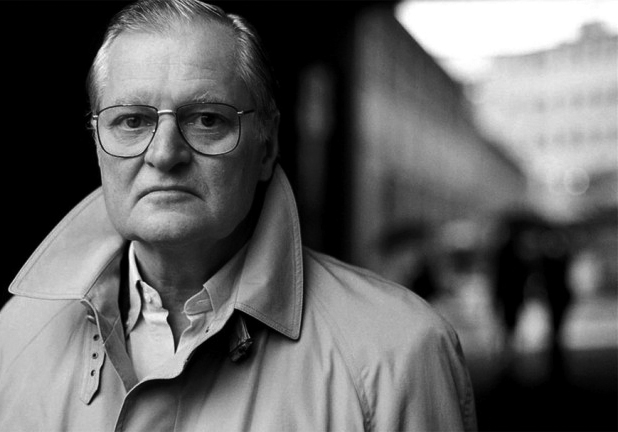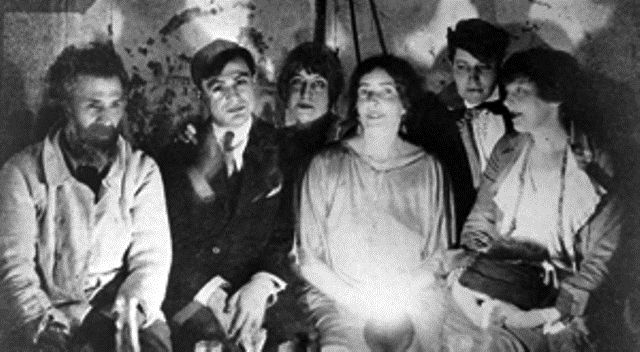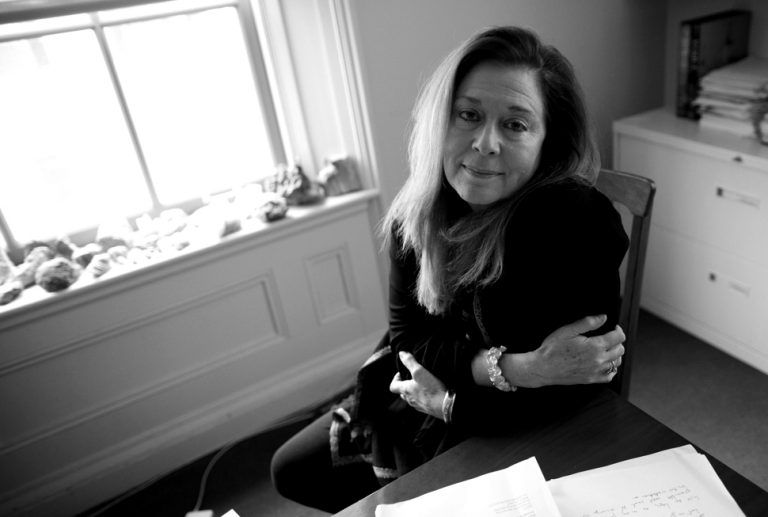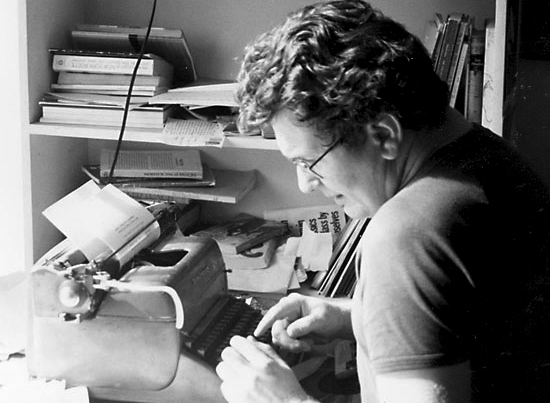SCHOLARLY
Beyond The Warp: Occult Poetics in H D and Robert Duncan
Modernist poetry has a fascination with occult knowledge. It is prevalent in American poet Robert Duncan’s unclassifiable book on Hilda Doolittle, the poet known as H.D. (1886-1961).
Hoax Poetry from Plato to Antipodes: Reflecting on the Ern Malley Trial 80 Years Later Caitlyn Lesiuk
At 3:30 in the afternoon on Tuesday, 1 August 1944, Police Constable C Cameron Smith visits Max Harris, one of the editors of the literary magazine Angry Penguins, at his office in Grenfell Street, Adelaide.
Fuck Lectures About Sonnets: On Noor Hindi
In December 2020, Noor Hindi posted a photo of her poem, ‘Fuck Your Lecture on Craft, My People Are Dying‘ on Twitter, announcing its publication in a forthcoming Poetry.
Notes on Bad Poetry
Maybe we’ll always disagree about poetry – about how it works, and what it’s for; about its modalities and affordances; about what makes a good poem; about why you might want to write or read one.
Essential Gossip: Allen Ginsberg, Robert Duncan and U.S.-Australian Poetics
In 1985, when the bulky anthology Technicians of the Sacred: A Range of Poetries from Africa, America, Asia, Europe and Oceania (first published in 1968) was printed in a new edition, it was advertised with the curious dust jacket recommendation: ‘hailed by the Los Angeles Times Book Review as one of the hundred most recommended American books of the last thirty-five years’.
Writing Threat and Trauma: Poetic Witnessing to Social Injustice and Crisis
This article explores creative responses to crises that are written and technologically mediated in a liminal zone between threat and trauma.
maar bidi: Carving Sovereignty and Desire in Indigenous Youth Storytelling
Academia has inherited a long history of non-Indigenous people speaking for Indigenous people.
Poetry Against Neoliberal Capitalism in Ali Alizadeh and Melinda Bufton
Poetry has a long history of disruption, resistance, and revolution, overlapping the concerns of politics with literature and the boundaries of language.
Direct Action on Things: Harry Hooton and Artist Film in Australia
A line from 1855, first published by Walt Whitman in the poem ‘Song of Myself’, appears again at the beginning of a film produced during a Creative Arts Fellowship at the Australian National University in 1969
Chorography and Toute-eau in the Waters of Lower Murray Country
The first line of this fragment by poet Edward Kamau Brathwaite opens philosopher Édouard Glissant’s Poetics of Relation. ‘The unity is submarine’.
Aussi / Or: Un Coup de dés and Mistranslation in the Antipodes
‘Shipwrecked on the shoals of contingency’, Australian poetry is haunted by Stéphane Mallarmé’s poem Un Coup de Dés. Its publication in Cosmopolis in Paris in 1897 struck a nerve or, rather, a vessel within Australian poetry bloodlines,
John Ashbery’s Humane Abstractions
In the context of John Ashbery’s long career it is possible to a claim a particular significance for that book. Published in 1970, it was the first volume he wrote after re-settling in the United States in 1965, having lived in Paris for the best part of a decade. It was also the book in which he arrived at a kind of poem – ‘Soonest Mended’ is an example, but so are several others, ‘Evening in the Country’, say, or ‘The Bungalows’ – that established a way of configuring voice, narrative trajectory, human relations and cultural reference that would become recognisable as characteristically Ashberyan.
‘a serpentine | Gesture’: The Synthetic Reconstruction of Ashbery’s Poetic Voice
In 1966 John Ashbery published Rivers and Mountains. The departure from the fractures of The Tennis Court Oath (1962) are immediately apparent: it is a return to a language still distinctly marked by Ashbery’s usual probing and misdirection, but without the direct dislocations committed to denotative meaning, form and syntax in the earlier book.
Vorticist Portraiture in Mina Loy’s Anglo-Mongrels and the Rose
Mina Loy’s book-length poem Anglo-Mongrels and the Rose (1923-25) essentially presents an alternative, revised understanding of the modernist figure of the artist through a ‘polyglot’ language and avant-garde form (Perloff, English as a Second Language, online.). I argue in this essay that each of the characters within the poem is constructed through a Vorticist model, which also encompasses elements of Futurist and Cubist theory, as well as structurally incorporating Steinian poetics.
Dissecting the Apocalypse: Jorie Graham’s Sea Change
I will first attempt to develop one possible reading of ‘On the Concept of History’, taking for granted that any such reading exists alongside – and may even contradict – other more familiar interpretations. The second part of the article will follow this line of thinking in approaching Jorie Graham’s Sea Change, a collection of poetry that explores the catastrophic possibilities of global warming.
On the Sidewalk: Towards an Ethopoetics of the Streets
In his prose poem ‘The Eyes of the Poor,’ Baudelaire stages a Parisian tableau that brings together the disenfranchised poor and the privileged bourgeoisie in an awkward moment of encounter. The lyric / narrative ‘I’ and his female companion were …
‘The birds of paradise sing without a needing a supple branch’: Joseph Brodsky and the Poetics of Exile
During his lifetime, Joseph Brodsky – political prisoner, exile, Nobel Prize winner – was virtually unknown in his native, Soviet-era Russia. Following the collapse of the Soviet Union, in the early 1990s Brodsky’s poetry became officially available to the public for the first time in the country, which had hitherto so furiously rejected him. By then already an established poet and essayist in the West, his quick (albeit posthumous) homecoming fame shortly followed, positioning Brodsky firmly in the minds of first-time Russian readers as a political martyr, poet-iconoclast and a major symbol of the Russian dissident literary world.
Translingualism, Home, Ambivalence: The Poet Dimitris Tsaloumas
The death of Dimitris Tsaloumas (1921-2016) invites us to revisit and re-evaluate his poetry without the critical anxiety to place him within the historical taxonomies of Australian literature or the hermeneutical suspicion about its belonging. The task of situating his poetry will take time as the canon of Australian literature is still fluid and its main parameters are not yet finalised.
John Forbes’s ‘Miraculous Fluidity’
In a book on comedy, philosopher Alenka Zupančič has inadvertently discovered the key to the correlation of late twentieth century Australian poet John Forbes’s mastery of cultural imitation and his deconstruction of the mechanics of national identity so often queried in his work.
(Self)Translation and the Poetry of the ‘In-between’
The subject and practice of translation has long been a feature of my poetry. It is a way of enacting bilingualism; the splitting and doubling of words, ideas, images and meanings that comes about in the processes of translation reflects my identity as someone who is in constant movement between cultures, split and doubled by my twin allegiances to different languages and places. In particular, I am interested in exploring my own practice of self-translation, to more fully understand the relationship between my poetic practice of writing across English and Italian and my subjectivity.
Exploring and Renegotiating Transparency in Poetry Translation
To read poetry in translation, no matter how ‘close’ the rendering is to the original text, is to necessarily involve another figure in the reading and interpreting process. Readers of translations are not only receiving the work of the original …
Comics Poetry: The Art of the Possible
‘MUSIC OF SHAPE’ | from, HOW TO BE EVERYWHERE, 2007 | Warren Craghead III | pencil on archival paper In 1979, Cecilia Vicuña (Chilean poet, activist and artist) tied a red string around a glass of milk and spilled it …



